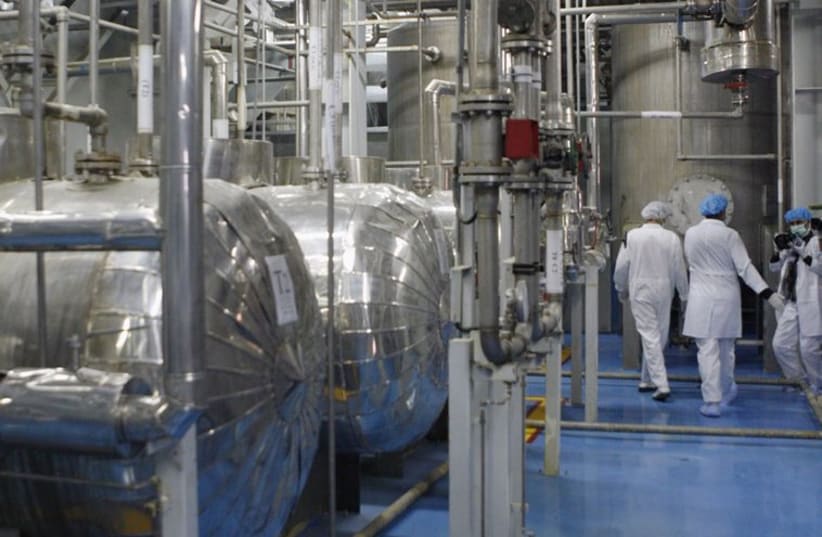Senior Israeli official laments 'Achilles heel' of Iran nuclear deal
Dore Gold expresses concerns over inspection of Iran's nuclear facilities under deal with world powers, but says silver lining to agreement is shared interests with Egypt, Saudis, Turkey.
